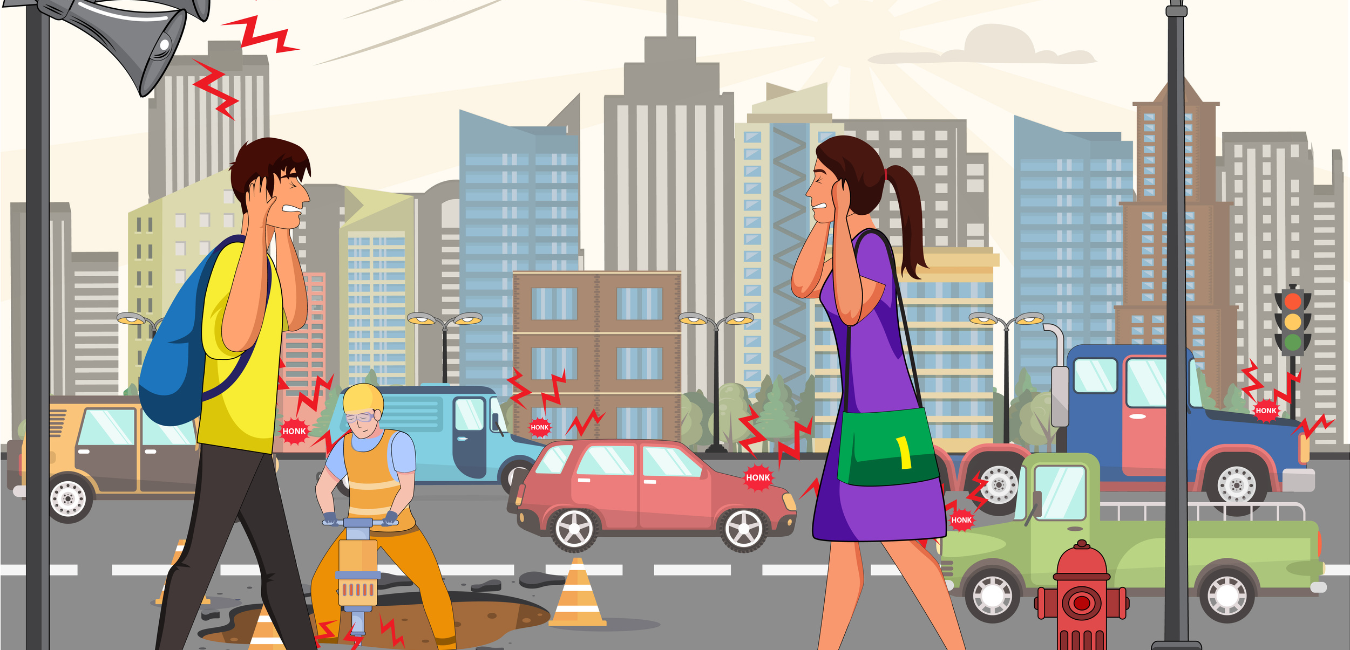What is Profound Hearing Loss?
Degree of hearing loss
There are many causes of hearing loss. Hearing loss may be brought on by things like genetics, viral infections, loud noise, or it can simply be brought on by age.
However, your specific hearing loss isn’t just determined by the causes mentioned or not mentioned above. Your hearing loss is also determined by its degree. Your degree or level of hearing loss can be either mild, moderate, severe or profound.
People with profound hearing loss usually can’t hear sounds softer than 90 dB (decibels) to 120 dB. To put that into perspective, a vacuum or hair dryer is about 70 dB, a lawn mower is about 90 dB, and the average rock concert has noise levels of about 120 dB.
That means that anyone with profound hearing loss may even have trouble hearing things like the sound of airplane engines or fire alarms.
Diagnosing profound hearing loss
To start getting treatment for profound hearing loss, you first have to get a hearing test. Your Audiologist or Hearing Instrument Practitioner can determine whether or not you have hearing loss and what degree of hearing loss you may have.
Your Audiology professional will perform a non-invasive, painless hearing test.
Your hearing health professional will play or say a series of sounds and words to see if you’re able to hear them.
Treatment for profound hearing loss
If your Audiologist or Hearing Instrument Practitioner concludes that you do have hearing loss, then they’ll be able to recommend treatment.
In the case of people with profound hearing loss, hearing aids may be recommended to help you hear better. Hearing aids may not be able to completely restore your natural hearing, but could be helpful in providing more audibility of high-frequency sounds.
The Behind-the-Ear (BTE) style is typical in hearing loss treatment, as they provide more power. Today’s digital hearing aids offer advanced processing power to sense sounds and amplify what’s necessary, like someone’s voice versus the sound of traffic.
Another treatment option for people with profound hearing loss is cochlear implants, which requires surgery. People with profound hearing loss may also rely on other types of Assistive Listening Devices (ALDs), lip reading, and/or sign-language.
Always consult a hearing health professional if you suspect any degree of hearing loss.
Click here for more information about profound hearing loss treatment.









